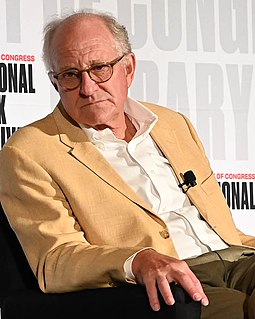A Quote by Leila Janah
Samasource's largest clients are technology companies such as Microsoft, Google, Getty Images, and TripAdvisor, which contract with my company rather than a traditional outsourcing company in order to participate in 'impact sourcing' - conscious efforts to reduce poverty by moving money into places that need it.
Related Quotes
Booksellers are tied to publishing - they need conventional publishing models to continue - but for those companies, that's not the case. Amazon is an infrastructure company; Apple sells hardware; Google is really an advertising company. You can't afford as a publisher to have those companies control your route to market.
Speaking about our largest oil company Rosneft, and I recalled in the beginning that almost 20 percent of it [19.7] belongs to BP. Who's company is that? British Petroleum, isn't it? I suppose that is not bad. I have to tell that British Petroleum's capitalization is significantly related to the fact that it owns more than 19 percent of Rosneft, which has vast oil reserves both in Russia and abroad. This has its impact on the company's stability as well.
We see Google experimenting in so many places outside of its core search and advertising business, whether that's bringing broadband Internet to the world or funding an entirely separate company to pursue solutions to disease and mortality. Amazon's one of the few other companies that thinks as big as Google does.
In the past, Google has used teams of humans to 'read' its street address images - in essence, to render images into actionable data. But using neural network technology, the company has trained computers to extract that data automatically - and with a level of accuracy that meets or beats human operators.
There is more interest in what is occurring in technology companies that impact news. Such companies don't have the same sense of transparency about what they do. They have a tradition of secrecy about products, mores and decision-making that goes along with Silicon Valley and intellectual property and technology. You cannot step onto the grounds of Google without signing a Non-Disclosure Agreement. That industrial secrecy mentality exists along with a theoretical sensibility about transparency on the Web, which is different than transparency inside companies that profit from the Web.


































